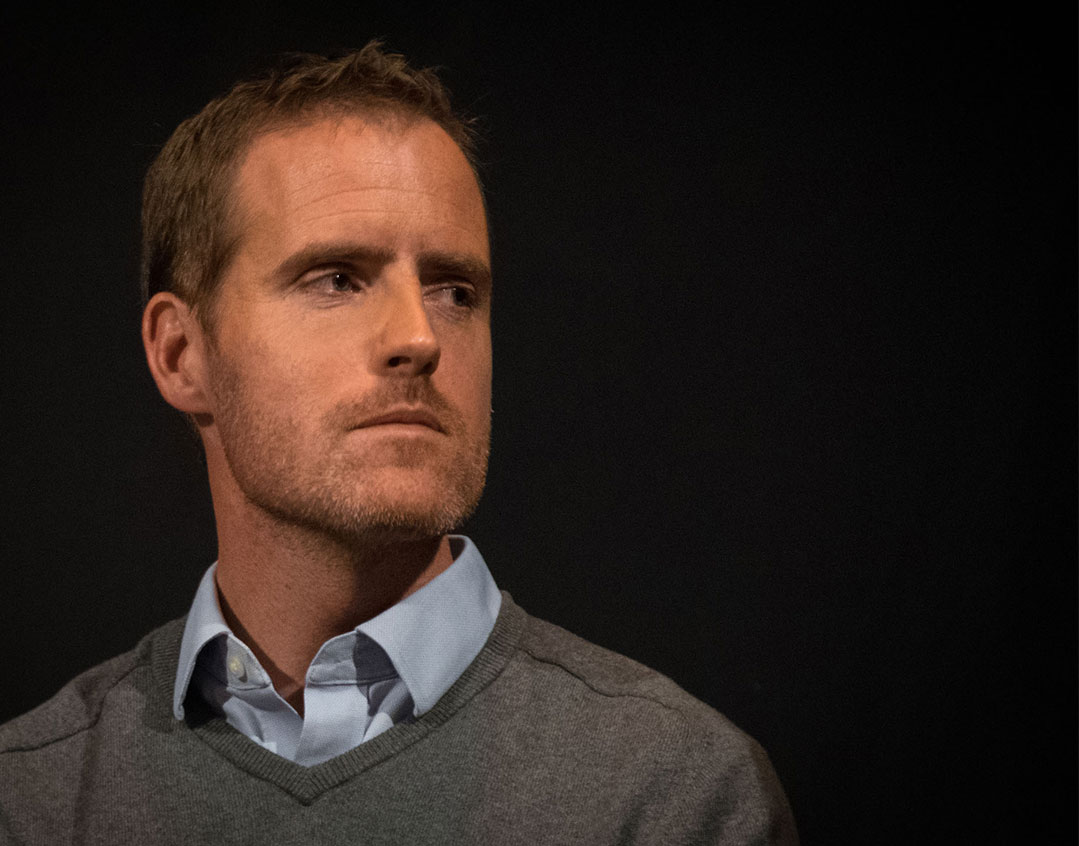Spies of No Country


I
magine for a moment that you are a Jewish spy working undercover in Beirut in late 1947.
Your Arabic is flawless; after all, you grew up just a few hours away. You are familiar with most of the local customs and practices, but your knowledge of the intricacies of Islamic practice is lacking.
Back in Israel, your handlers trained you to perform the Muslim prayer rites, but it’s not something that comes naturally. Now, one day, a policeman stops you on the street. He sees the expensive shoes you are wearing and wonders how a salesman — your cover story — can afford such fineries. He takes you to the station, perhaps suspecting that you are an illegal smuggler, and hopes that with a little persuasion you might bribe your way out of the situation. But then the time for Muslim prayer comes and, as everyone else drops to the floor, you hesitate. The policeman notices your sudden unease and immediately jails you. That small hesitation spells the end of your life.
Such was the situation for the small group of Jewish spies operating in the Middle East in the years before Israel’s independence. The wrong shoes, the wrong accent, ignorance of a local custom, could spell the end. Those were the stake facing the brave men that author Matti Friedman profiles in his new book, Spies of No Country, the tale of a ragtag group of Jewish immigrants from Arab countries who risked their lives carrying out missions deep within enemy territory. Jerusalem-based Friedman, a former Associated Press correspondent and author of two other award-winning books, tells a story of daring, even foolishness, that unfolds in the alleyways of Jaffa and Haifa, Tel Aviv and Jerusalem, Damascus and Beirut. And it is told with skill and erudition by Friedman, who brings a journalist’s trained eye and a historian’s depth to create a dramatic tale of intrigue and danger.
The nonfiction plot is centered around four heroes.
Gamliel Cohen (alias: Yussef), who was born in Damascus and the sole graduate from his high school. He had a reputation for being cautious and intellectual. While the group had no commander, he was de facto their leader.
Isaac Shoshan (alias: Abdul Karim), was born in Aleppo to a poor family. He had the will of a small boy who’d decided he wouldn’t be bullied and the determination of someone who’d achieved despite the odds. Still alive and living outside Tel Aviv, Friedman spoke to him extensively for the book.
Yakuba Cohen (alias: Jamil), was born in Jerusalem to a family of Farsi descent. He was known as a brave, colorful person who knew how to weave a tale. Yakuba was an expert in explosives. For years, he requested permission to blow up the refineries in Tripoli, Libya and was frustrated that he was stymied.
Havakuk Cohen (alias: Ibrahim), was born in Yemen. The quietest of the four, he is described as a gentle observer. Not a lot of information exists about him since he was murdered right after the War of Independence by a double agent. However, he wrote fascinating intelligence reports that appear in the book.
Today, Israel is a spying superpower with famed espionage agencies such as the Mossad and the General Security Service (GSS or Shabak). But in 1948, before the establishment of the state, everything was improvised, so much so that when one reads the book, it’s hard to believe that these men actually returned alive from their assignments.
(Excerpted from Mishpacha, Issue 756)
Oops! We could not locate your form.







